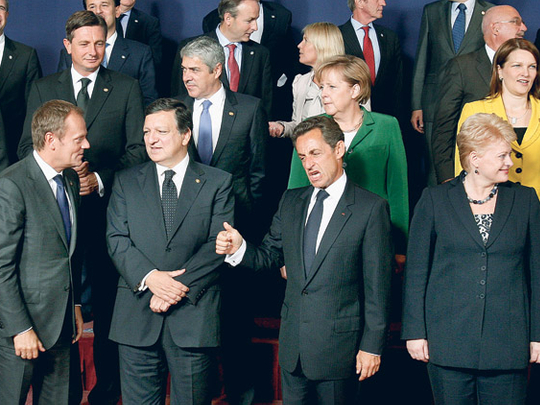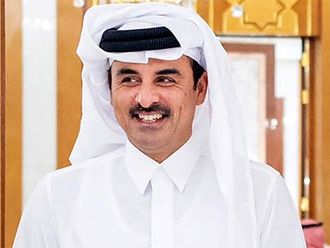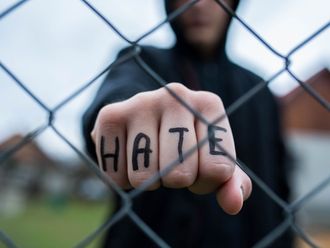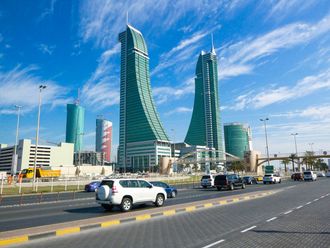
Brussels: France's expulsions of Gypsies dominated the opening of a European Union summit on Thursday even though the topic was not on the official agenda. France angrily defended its actions but the EU kept open the possibility of dragging France to court over it.
EU Justice Commissioner Viviane Reding expressed regret over an outburst Tuesday in which she compared France's expulsion of Gypsies, or Roma, to deportations during the Second World War.
France deported some 76,000 Jews from France to Nazi concentration camps, and interned thousands of Gypsies in camps in France during the war.
"Madame Reding ... made unacceptable statements about French policy, in particular certain comparisons with the Second World War," French Foreign Minister Bernard Kouchner said.
French President Nicolas Sarkozy, who has led France's charge to expel Roma, did not comment coming into the summit. He insists the expulsions are aimed at fighting crime and illegal immigration.
Yet Reding stood by her overall rebuke of France for the expulsions, and threatened to take the country to the European Court of Justice for breach of common EU rules. The expulsions have also drawn strong criticism from the United Nations and the Vatican.
Historic hostilities
France's deportations of over 1,000 Roma, primarily to Romania, and its dismantling of over 100 Roma camps have revived uncomfortable memories of historic hostilities in Europe that the 27-nation bloc was designed to overcome, and highlighted persistent divisions between richer, older EU members and poorer, newer ones.
The dispute threatens to undermine the EU's efforts to present a unified foreign and economic policy — the main thrust of yesterday's summit. Instead of constructively building on joint EU foreign policies in China, India and the rest of Asia, the EU leaders were faced with damage control at home.
"When we promote free trade, climate change and human rights around the world, we need to have our own backyard in order," said Finland Foreign Minister Alexander Stubb. "And, of course, anything that looks a little bit different, perhaps suspicious or complicated in Europe, will not strengthen our foreign policy."
German Chancellor Angela Merkel joined the criticism of Reding's comments, even though both Germany and Italy were pushing for a discussion of the Roma issue yesterday. "I found the tone and especially the historical comparisons unsuitable," she said. "And I hope we can find a better way."
In the face of the fierce criticism, Reding acknowledged through her office that "there should not be a parallel with World War II."
EU Commission President Jose Manuel Barroso said France and the EU should use the summit as "a moment for dialogue."
Strategic goals
EU President Herman van Rompuy called yesterday's summit to discuss how the bloc communicates and what its strategic goals are with key countries such as the United States and China. Over lunch, Van Rompuy also will update the leaders on progress by a task force on economic governance.
Van Rompuy says the bloc, which accounts for 22 per cent of the world's economy, is "punching below its weight" and wants leaders to discuss how they can build a common foreign policy message and "deliver it effectively."
The EU has key summits in coming weeks with Asian nations including growing economic powerhouses China and India.
The EU suffered a setback Wednesday when the United Nations voted down its bid to have Van Rompuy and foreign policy chief Catherine Ashton speak on the EU's behalf, starting at the 65th General Assembly session opening next week.
Ashton played down the vote, calling it a "procedural issue," but it underscored the trouble Europe has in getting out a unified message.
Foreign ministers at yesterday's summit are expected to consider a proposal for EU members to waive World Trade Organisation tariffs on Pakistan textiles as a way of helping the country recover from devastating floods.
Such a move could be worth between $230-$300 million (Dh844 million-Dh1.1 billion) a year for Pakistan.












